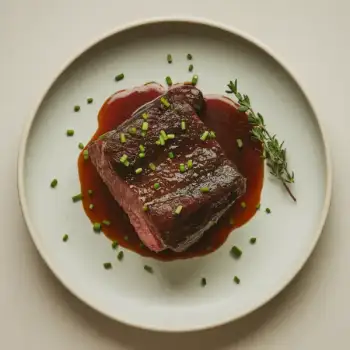


Organic
Organic vegetable oil is made from plants grown without synthetic pesticides or fertilizers. It can be refined or cold-pressed.
Refined
Refined vegetable oil is the most common type. It is extracted from various plants and then processed to remove impurities. It has a neutral flavor and high smoke point, making it versatile for cooking, frying, and baking.
Cold-pressed
This type of vegetable oil is extracted by mechanically pressing the plant source, without using heat. This method retains more nutrients and flavor, but the oil has a lower smoke point, making it best for low-heat cooking or dressings.
Hydrogenated
Hydrogenated vegetable oil has undergone a process to solidify it, increasing its shelf life. It's often used in processed foods, but it contains unhealthy trans fats.
Partially hydrogenated
Similar to hydrogenated oil, but with less processing. It still contains trans fats, but in smaller amounts.




organic vegetable oil: Spectrum
refined vegetable oil: Wesson
cold-pressed vegetable oil: La Tourangelle

Baking: In baking, vegetable oil is often used as a fat source. It helps to moisten the batter and contributes to the texture of the baked goods.
Frying: Vegetable oil is commonly used for frying due to its high smoke point. It's important to heat the oil to the right temperature before adding food to ensure even cooking and prevent the food from absorbing too much oil.
Sautéing: Vegetable oil is also used for sautéing. It's heated over medium-high heat before adding food. The oil should be hot but not smoking.














